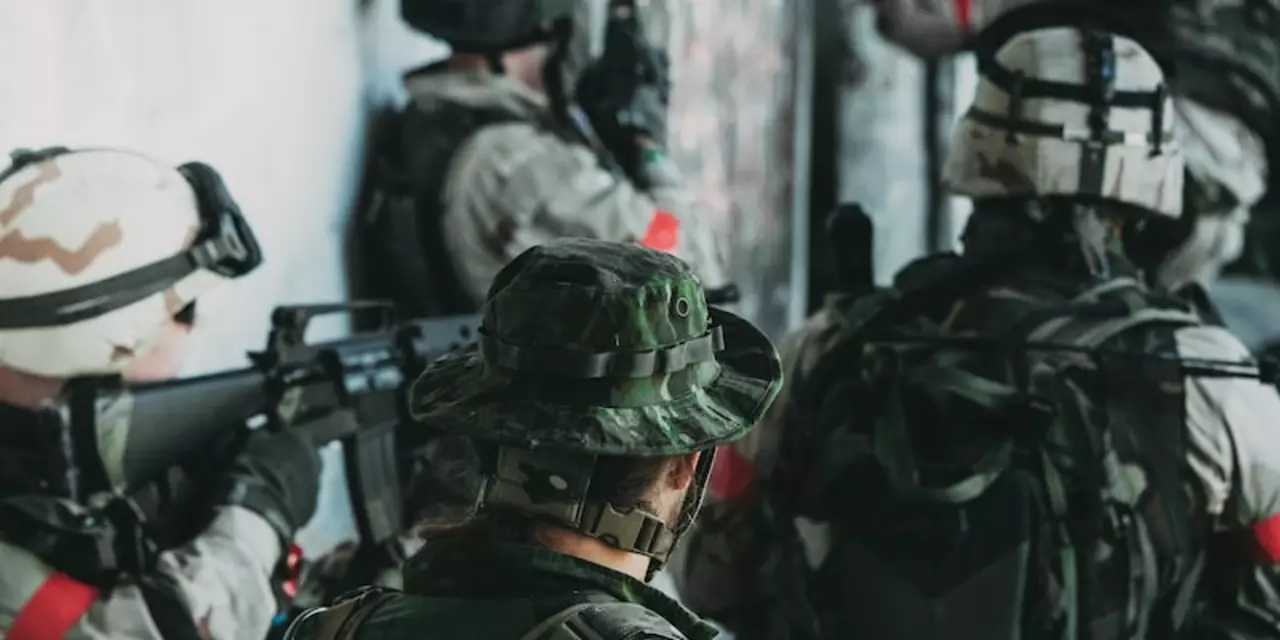Sports Team Names – Who Shares the Same Name?
Ever noticed two teams from different leagues called the Giants or the Rangers? You’re not alone. Fans often get a little confused when the same mascot pops up in football, baseball, basketball, or hockey. Below we’ll unpack why this happens and give you a quick cheat‑sheet of the most common repeats.
Why Teams End Up With the Same Name
Team owners love names that are easy to remember, sound tough, and can be turned into a logo or merch fast. That means animals (Lions, Tigers), strong jobs (Patriots, Rangers) and city nicknames (Giants, Dodgers) get recycled a lot. When a new franchise starts, they usually scout the market first. If a name is already popular, they might adopt it because fans already have an emotional link.
Historically, many leagues formed at different times. The NFL started in the 1920s, MLB in the 1800s, the NBA in the 1940s, and the NHL a bit later. A name that was free in one league could already be taken in another, but there was no rule saying you couldn’t use it elsewhere. So you end up with the same name in different sports, often in different cities.
Common Examples Across Major Leagues
Giants – The New York Giants (NFL) and the San Francisco Giants (MLB) are the classic case. Both use a strong, city‑wide identity, yet they were founded decades apart and have no shared history.
Cardinals – The Arizona Cardinals (NFL) and the St Louis Cardinals (MLB) both chose the bird for its fierce reputation. The NFL team originally started in Chicago, so the overlap is pure coincidence.
Rangers – You have the New York Rangers (NHL) and the Texas Rangers (MLB). One is a hockey squad, the other a baseball club; the name just works well for a tough, outdoor‑type image.
Panthers – The Carolina Panthers (NFL) share their name with the Florida Panthers (NHL). Both use the sleek, powerful cat as a mascot, but they live in totally different markets.
Jets – The New York Jets (NFL) and the Winnipeg Jets (NHL) both reference fast, high‑speed travel. It’s a nod to local aviation history for New York and the city’s jet‑setting vibe for Winnipeg.
Other repeats include the Thunder (Seattle Seahawks’ nickname vs. Oklahoma City Thunder in NBA), the Hurricanes (Carolina Hurricanes NHL vs. Miami Hurricanes college), and the Bulldogs (various minor league teams). The pattern shows that strong animal symbols and city pride dominate naming choices.
What does this mean for fans? Mostly, it’s a branding win. A familiar name makes it easier to sell tickets and shirts. But it can also cause a bit of mix‑up when you Google “Giants schedule” and get two completely different calendars. Most sites solve this by adding the league abbreviation – NFL, MLB, etc.
If you’re starting a new team, ask yourself: does this name already exist elsewhere? If it does, you might need a unique twist, like adding a city nickname (Boston Celtics vs. Seattle Celtics – which never happened). Or you could lean into the shared name and create a crossover fan community.
Bottom line: shared sports team names are a mix of history, marketing smartness, and a love for strong symbols. Knowing the most common overlaps helps you avoid confusion and appreciate the quirky web of sports culture across the U.S. and beyond.
What professional sports teams have the same names?
This article discusses the phenomenon of professional sports teams sharing the same name. It provides examples of teams from the National Football League (NFL), Major League Baseball (MLB), National Basketball Association (NBA), and National Hockey League (NHL) that have the same name. Additionally, it explains that in some cases, the teams are based in different cities, while in other cases, they are located in the same city. Finally, it notes that teams that share a name often don't share a common history, as the teams are usually established years apart.
